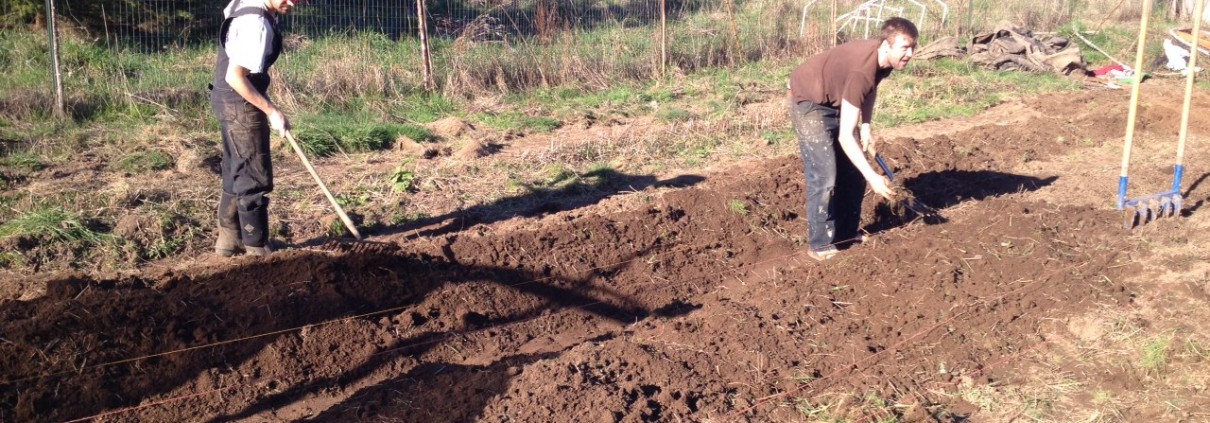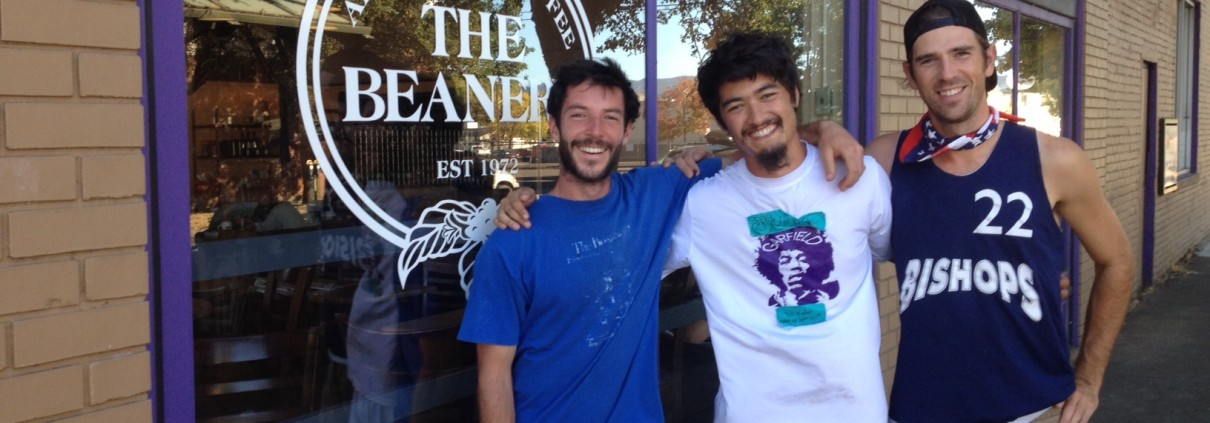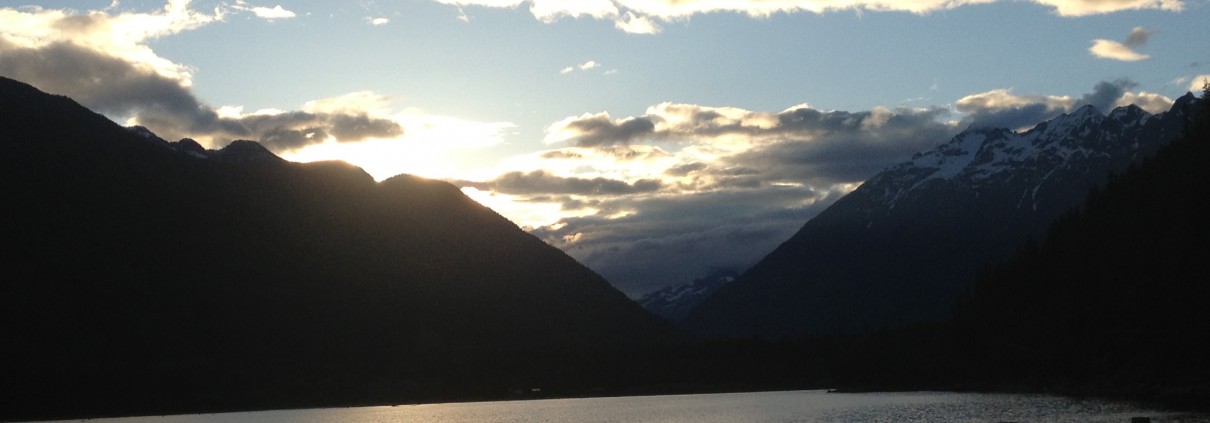Slow Down and Play in the Dirt
I didn’t think it was possible to get sunburned in February in the Pacific Northwest. And I hear the weather is awful on the East Coast right now. Something about minus forty? Ninety inches of snow? Winterpocalypse?
I just spent the day working on a friend’s farm on the outskirts of town in Portland. We were digging, hoeing, broad-forking (I can’t believe I had never seen this before — basically a two-foot wide, full-body pitchfork) the beds that are going to be enclosed in hoop houses this season. It was 60 and sunny. Sorry East Coast friends. I got sunburned.
It felt so good to be out working in a field (Did you hear about the scarecrow who won the award? He was out standing in his field). I haven’t done this for too long. I farmed in Italy for a half-year way back when, and I was part of a super rad collective garden in Seattle. I also grew up on a family farm in Vermont, but that mostly consisted of chasing goats and chewing on sticks.
So, I miss the dirt. Don’t get me wrong, the city is great. But there is something so natural and healthy about being on a farm. Being near animals, being away from technology, getting dirt under my fingernails, doing some hard work. Finding worms! And snakes! We brought the cat out to where we were working, and in less than fifteen minutes he had caught a mouse. How right is that?
Yeah okay, so I was out there for like a half-day. Six hours or something. I can’t really talk about how slow it felt, or how great farm life is, or any of that. It was a nice one day activity, not a lifestyle I went and tried out. I’ve done things like that before, though, and it reminded me of the wonderful slowness of life out of the city. Stimulation underload. Things can only happen as fast as our bodies can make them happen. And don’t think that I’m saying slow is easy — part of why the work is slow is because it is so hard.
Did I mention that they have goats? Maybe this is from my early childhood nostalgia, or maybe it’s a more universal thing, but goats are just the best. Oh man. They’re so funny. Smarter than sheep, who are friendly but not very interactive. Dumber than pigs, who are too smart for their own good and know something is fishy with the fact that they’re fenced off and you’re not. Goats are just right. Silly and playful, but without making you question your livelihood.
It also felt really wonderful, after doing so much solo work on my laptop recently, to be doing physical labor in a group. Teamwork is the best. So much more gets done. Being in a situation that’s either a bit stressful or a bit difficult for everybody makes group bonding happen that much faster. This is also why group backpacking adventures are so wonderful.
And there will be vegetables! Let’s not forget about the eventual rewards of all this work. I’ve been reading “A Slight Edge” recently, which talks all about doing small positive disciplines over time to reap a reward in the future. This applies to all aspects of our lives, from health and exercise to relationships, work, and skill acquisition. Plant, cultivate, harvest. In our day-to-day live, we’re always wanting to jump straight from planting to harvesting, skipping over the long intermediate period of getting good at something and developing a relationship with it.
Getting into the soil forces the “cultivate” on us. No matter how much work we put into those fields, nothing is going to make there be vegetables tomorrow, or next week. It locks us into the natural rhythm of things, which we’ve otherwise eliminated from our normal lives. Most things happen slowly, seasonally, and only with continued effort. There is a long period of working without results before they start to trickle in.
This life demands patience. It is a beautiful thing. If we can simultaneously cultivate both patience and determined effort, we can achieve anything. One without the other will either leave us stressed and pushing too hard or complacent and waiting for life to happen to us. But sometimes we’ve just got to get out to play in the dirt.




